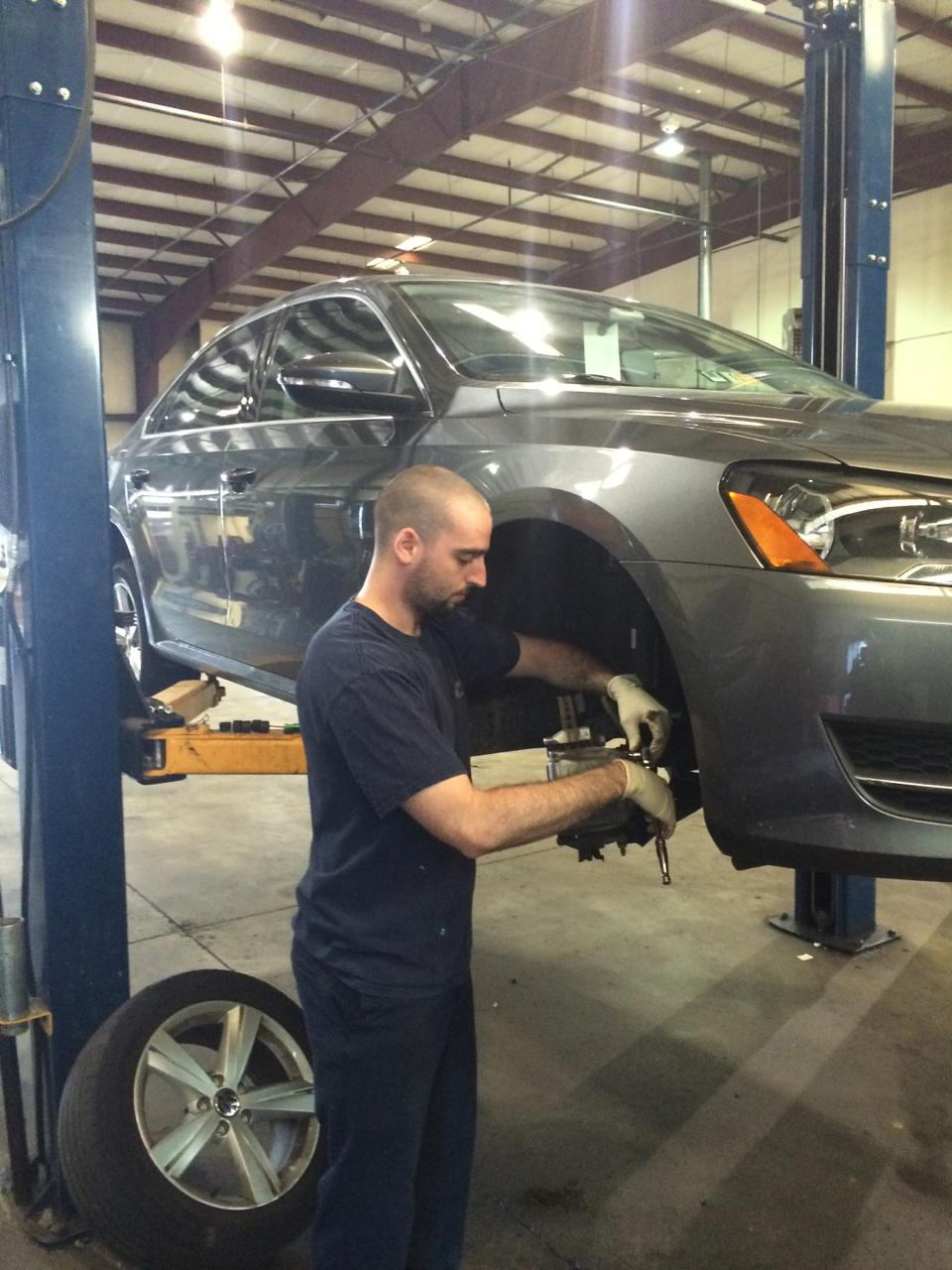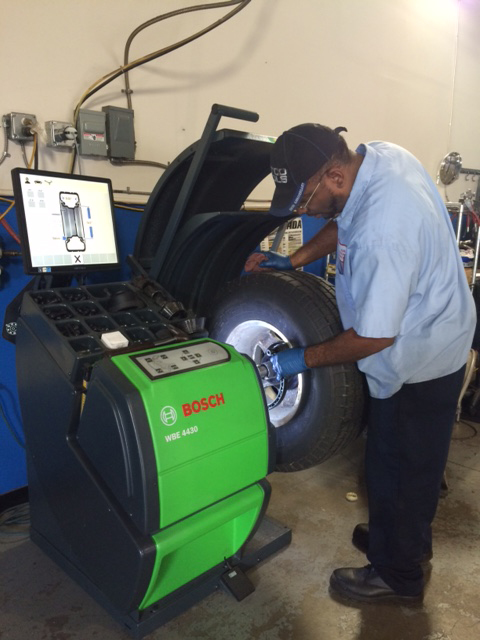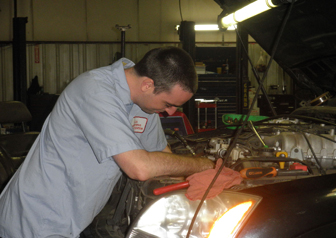Scheduled Maintenance
A scheduled maintenance program will keep your vehicle safe and efficient at all times. Be it transmission repair or car servicing, we can help your car. Listed below is a description of some of the key issues to keep in mind.
You Should Respond Immediately:
Instrument Panel Lighting
Lights on your instrument panel fall generally into two categories: Critical Warning lights & Service/Informational lights. The lights can be Red or Yellow, and the color will indicate to you the seriousness of the situation. If you see a Red Light, pull over immediately, refer to your owner’s manual and address the problem immediately! A Yellow Light means that you should refer to your owner’s manual and address the problem soon. Each vehicle manufacturer handles the systems differently, so you should refer to your owner’s manual to understand what your lights mean.

Critical Warning Lights
Service/Informational Lights
- Virginia State Inspections
- Service Reminder
- Door Ajar
- Windshield Washer Fluid
- Seat Belt
- Lamps
Your Monthly Maintenance should include:

For best results, have the entire brake system – including brake linings – inspected at every other oil change.
If light comes on while driving or remains on, your engine may have an emissions or sensor problem and should be checked by a professional technician. If light flashes, the condition is more severe and must be checked immediately to prevent catalytic converter damage.
Check level at reservoir. Do not open hot radiator cap. If low, add 50/50 mix of approved antifreeze and distilled water.
Replace bulb immediately if light is out.
Inflate tires to recommended pressure. Replace tires if worn or damaged. Remember to check the spare. Check pressure of all tires including the spare. Check tread for wear and for cuts or bruised along the sidewalls.
Windshield Washer Fluid
Check level every other fill up. Some vehicles have two reservoirs. Do not use water. Use washer fluid only.
Check level with engine running and transmission in park. If low, add type of ATF specified in owners’ manual and/or on dipstick. For best results change every two years or 24,000 miles.
Check level with engine off at every fill up. Change oil and filter every 3,000 miles or 3 months. Use specified oil grade and weight.
Every 3,000 Miles:

Battery and Cables
Battery should be securely mounted. Battery connections should be clean, tight and corrosion-free. If your car’s battery is three years old or more, it should be replaced.
Check for looseness, cracks or glazing. Replace V-belts every four years/36,000 miles. Replace serpentine belts every four years/50,000 miles, or sooner if needed. Replace belt per interval specified in owner’s manual. Typically, this is at 60,000 miles. Not replacing the belt as required could cause a breakdown or serious engine damage.
Chassis Lubrication
Many newer cars are lubed-for-life, some still require this service. Replacement steering and suspension components require periodic lubrication.
Replace yearly, or when dirty. Inspect annually, more often if driving and road conditions dictate.
Inspect for leaks, damage and broken supports or hangers if there is an unusual noise. If you suspect a problem, have it inspected immediately by a professional technician.
On carbureted cars, replace the filter once a year. On cars with fuel injection, replace the filter every two years or 24,000 miles.
Hoses
Inspect for leaks, cracks or bulges, sponginess, brittleness and swelling. Replace hoses at lease every four years.
Check the fluid with the car warmed up. Add approved type if low. If regular topping off is required, have system inspected for leaks.
Shock Absorbers and Struts
Inspect for leaks, damage and loose mounting hardware. Replace if worn, damaged or leaking. Have checked by a professional at least once a year.
Wiper Blades
Replace when streaking or chattering.
Annual Maintenance:
Cabin Air Filter
Replace annually, more often in areas with heavy airborne contaminants.